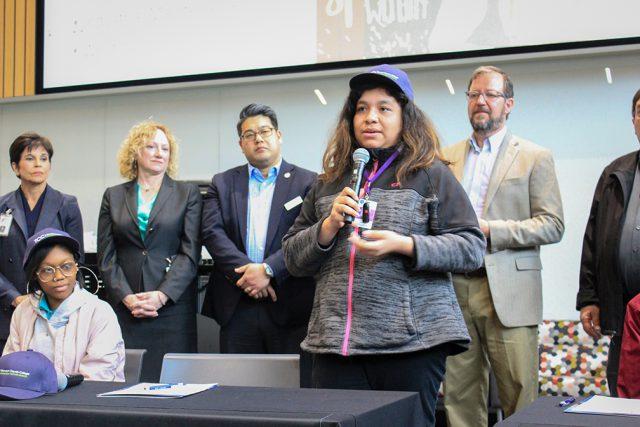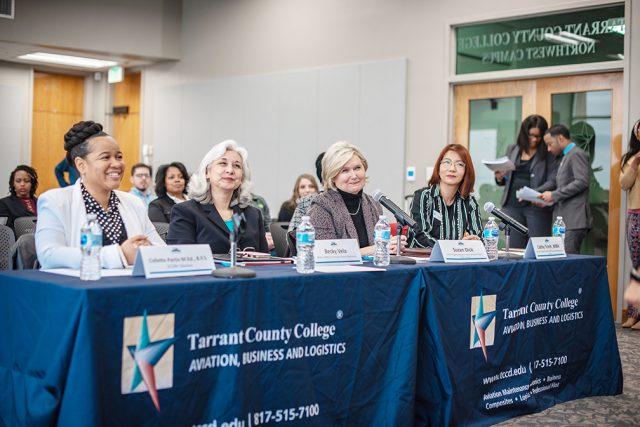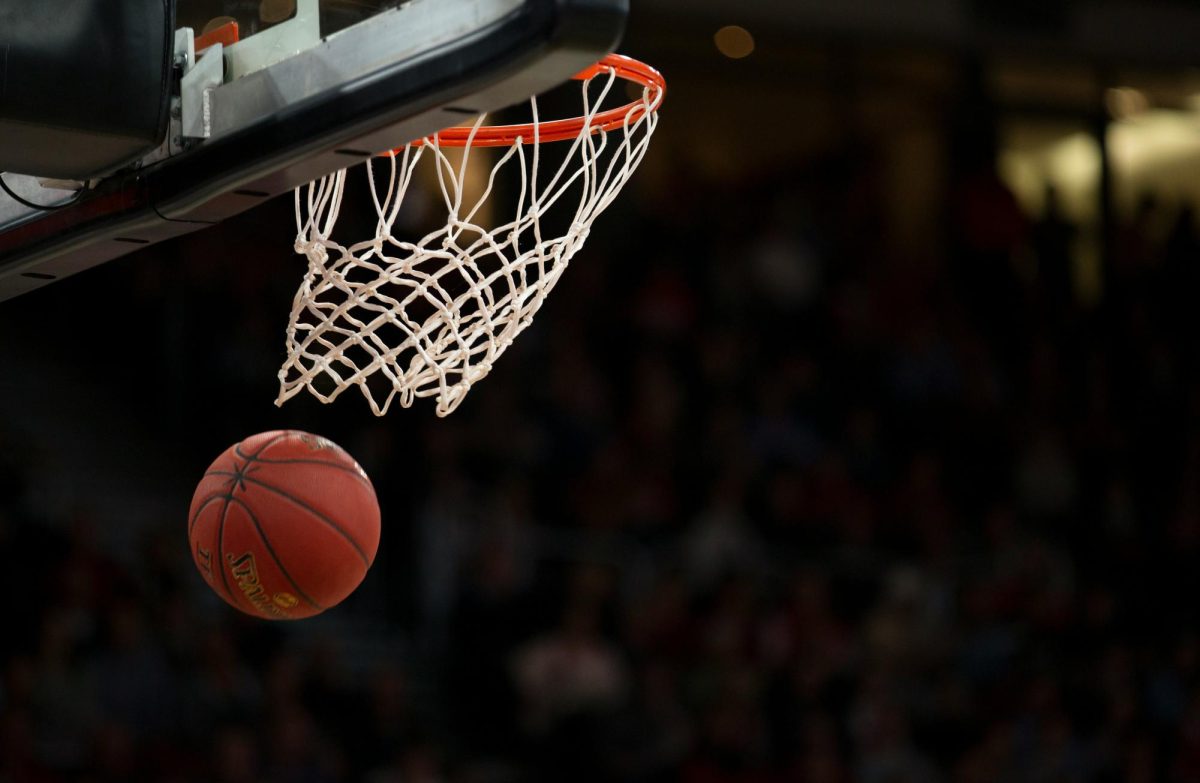 A sneaker malfunction with million-dollar implications was the highlight of the Duke-North Carolina college basketball game on Feb. 20.
A sneaker malfunction with million-dollar implications was the highlight of the Duke-North Carolina college basketball game on Feb. 20.
Duke University player and top prospect Zion Williamson injured his knee as his shoe gave way and fell apart less than a minute into the game.
Luckily for him, his injury isn’t serious.
All athletes expect to put wear and tear on their bodies when devoting their prime years to a sport but are unable to earn a living by doing so during their college years.
The NCAA defines college athletes as amateurs and doesn’t let them earn money in ways a professional could such as a salary and endorsements. College athletes are often compensated with just a scholarship.
Since 2006, the NBA has required players to be 19 years old to enter the draft, a rule known as one and done, keeping high-school graduates from going directly to the pros.
However, the NBA did recently propose to change the draft age requirement to 18 starting in 2022.
Williamson is projected to be the No. 1 draft pick, which makes it likely for him to sign a contract for tens of millions of dollars this summer.
Under the current rules though, he is left playing at the college level until then, unable to earn his fair market value all while playing with the risk of a career-ending injury striking at any moment.
Williamson isn’t even allowed to choose what brand of sneakers to play in because of a deal Duke has with Nike. And it’s absurd that he sees no monetary benefit for a situation that required him to wear a shoe that could have ended his career.
It’s unfair that a system is in place to limit options for athletes like Williamson as they take all of the risk while unable to earn fair compensation. But it’s really convenient for the NCAA and the school, which profit in this billion-dollar industry.
The NCAA needs to redefine its concept of college athletes so they all can be fairly compensated for the risk.
In the meantime, athletes can just hope their bodies and their sneakers hold up.







































